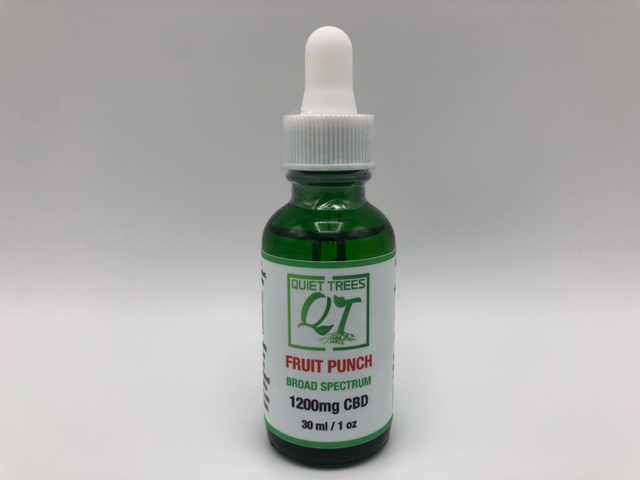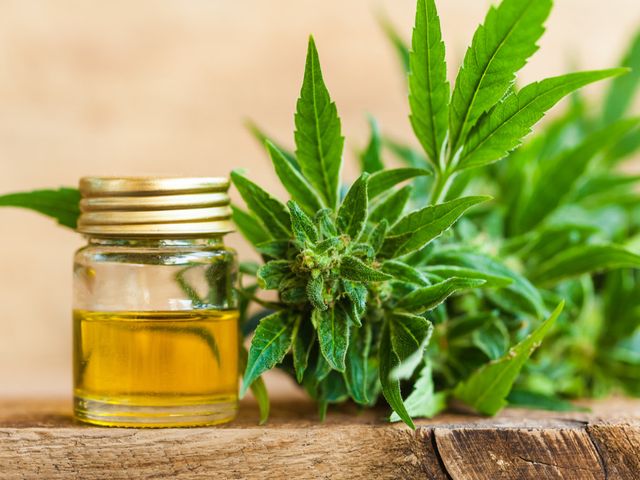Depression is a pervasive mental health disorder affecting millions globally, characterized by persistent sadness, loss of interest, and a range of physical and emotional symptoms. Traditional treatments often include antidepressant medications and psychotherapy, but the search for alternative or complementary therapies has led many to explore the potential benefits of CBD. CBD, a non-psychoactive compound derived from the hemp plant, has garnered considerable attention for its potential role in managing depression. In this blog post, we’ll delve into what CBD is, its proposed mechanisms for alleviating depression, the current state of research, and considerations for those thinking about incorporating it into their mental health regimen.
Understanding CBD
CBD, or cannabidiol, is one of over a hundred cannabinoids found in the hemp plant. Unlike tetrahydrocannabinol (THC), CBD does not produce a “high” and is thus considered non-psychoactive. Instead, it interacts with the body’s endocannabinoid system (ECS), which plays a crucial role in regulating various physiological processes, including mood, pain perception, and stress responses.
The Link Between CBD and Depression
- Mechanisms of ActionThe endocannabinoid system is integral to maintaining homeostasis within the body. It comprises endocannabinoids (naturally occurring compounds in the body), cannabinoid receptors (CB1 and CB2), and enzymes that synthesize and break down endocannabinoids. Research suggests that CBD primarily interacts with the ECS indirectly, influencing receptor activity and modulating the release of neurotransmitters that are critical for mood regulation.One proposed mechanism is CBD’s effect on serotonin receptors. Serotonin is a neurotransmitter commonly associated with mood regulation, and many traditional antidepressants aim to increase serotonin levels. CBD is thought to interact with serotonin receptors in a way that might enhance serotonin signaling, potentially alleviating depressive symptoms.
- Stress and Anxiety ReductionDepression is often accompanied by high levels of stress and anxiety. CBD has been investigated for its anxiolytic (anxiety-reducing) properties. Studies have shown that CBD may lower stress-related behaviors and physiological markers, such as elevated cortisol levels, which are often observed in individuals with depression.Animal studies have provided insight into how CBD might help manage stress. For instance, research on rodents has demonstrated that CBD administration can lead to a reduction in stress-induced behaviors, suggesting a potential benefit for those dealing with stress-related depression.
- Anti-inflammatory EffectsThere is growing evidence linking inflammation to depression. Chronic inflammation can negatively affect brain function and mood regulation. CBD is known for its anti-inflammatory properties, which may contribute to its potential antidepressant effects. By reducing inflammation, CBD could help alleviate some symptoms of depression.
Current Research and Evidence
The scientific investigation into CBD’s effectiveness in managing depression is still in its early stages. Most of the current evidence comes from animal studies, small-scale human trials, and anecdotal reports. Some key findings include:
- Preclinical Studies: Animal studies have shown promising results, with CBD demonstrating antidepressant-like effects in rodents. These studies have revealed that CBD administration can lead to reductions in depressive-like behaviors and improvements in overall mood.
- Clinical Trials: Human studies are more limited but growing. A few small-scale trials have explored CBD’s impact on depression and anxiety. For instance, a 2019 study published in Neurotherapeutics found that CBD might be effective in reducing anxiety and improving mood in people with anxiety-related disorders, which often overlap with depressive symptoms.
- Anecdotal Evidence: Many individuals who use CBD report improvements in mood and reductions in depressive symptoms. While these personal accounts are encouraging, they are not a substitute for rigorous scientific evidence.
Safety and Considerations
While CBD is generally considered safe, it is essential to approach its use with caution, particularly when used as a treatment for depression:
- Dosage and Quality: The appropriate dosage of CBD for managing depression is not well-established, and quality can vary significantly between products. It’s crucial to choose high-quality, lab-tested CBD products to ensure safety and efficacy.
- Side Effects: Common side effects of CBD include fatigue, dry mouth, and changes in appetite or weight. It’s important to consult a healthcare provider before starting CBD, especially if you are taking other medications or have underlying health conditions.
- Legal and Regulatory Issues: The legal status of CBD varies by region. Ensure that you are aware of the regulations in your area and that any CBD products you use comply with local laws.

Integrating CBD into a Mental Health Regimen
If you are considering incorporating CBD into your approach to managing depression, it’s essential to do so as part of a comprehensive treatment plan. CBD should not replace traditional treatments but rather serve as a complementary option. Here are some steps to consider:
- Consult a Healthcare Provider: Discuss your interest in CBD with a healthcare professional who can provide guidance based on your specific health needs and circumstances.
- Start Low and Go Slow: Begin with a low dose of CBD and gradually increase it as needed. Monitoring your response can help determine the optimal dosage and effectiveness.
- Monitor and Adjust: Keep track of any changes in your mood and overall well-being. Regularly evaluate your experience and adjust your CBD use as necessary.
- Combine with Other Treatments: CBD may be most effective when used alongside other treatments such as psychotherapy, lifestyle changes, and medication. For more information or to read all about CBD, you may visit DisruptMagazine’s to learn more.
Conclusion
CBD holds promise as a potential tool in managing depression, thanks to its interactions with the endocannabinoid system, effects on serotonin receptors, and anti-inflammatory properties. While early research is promising, more extensive and rigorous studies are needed to fully understand its efficacy and safety. If you are considering using CBD, it’s crucial to approach it thoughtfully, consult with healthcare professionals, and use it as part of a broader treatment strategy. With ongoing research and increased understanding, CBD may play a valuable role in enhancing mental health and well-being.









